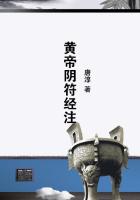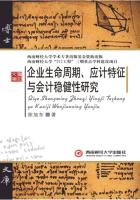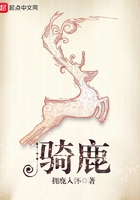With its birth begins its struggle with the bourgeoisie. At first the contest is carried on by individual labourers, then by the workpeople of a factory, then by the operatives of one trade, in one locality, against the individual bourgeois who directly exploits them. They direct their attacks not against the bourgeois conditions of production, but against the instruments of production themselves; they destroy imported wares that compete with their labour, they smash to pieces machinery, they set factories ablaze, they seek to restore by force the vanished status of the workman of the Middle Ages.
At this stage the labourers still form an incoherent mass scattered over the whole country, and broken up by their mutual competition. If anywhere they unite to form more compact bodies, this is not yet the consequence of their own active union, but of the union of the bourgeoisie, which class, in order to attain its own political ends, is compelled to set the whole proletariat in motion, and is moreover yet, for a time, able to do so. At this stage, therefore, the proletarians do not fight their enemies, but the enemies of their enemies, the remnants of absolute monarchy, the landowners, the non-industrial bourgeois, the petty bourgeoisie. Thus the whole historical movement is concentrated in the hands of the bourgeoisie; every victory so obtained is a victory for the bourgeoisie.
But with the development of industry the proletariat not only increases in number; it becomes concentrated in greater masses, its strength grows, and it feels that strength more. The various interests and conditions of life within the ranks of the proletariat are more and more equalised, in proportion as machinery obliterates all distinctions of labour, and nearly everywhere reduces wages to the same low level. The growing competition among the bourgeois, and the resulting commercial crises, make the wages of the workers ever more fluctuating. The unceasing improvement of machinery, ever more rapidly developing, makes their livelihood more and more precarious; the collisions between individual workmen and individual bourgeois take more and more the character of collisions between two classes. Thereupon the workers begin to form combinations (Trades Unions) against the bourgeois; they club together in order to keep up the rate of wages; they found permanent associations in order to make provision beforehand for these occasional revolts. Here and there the contest breaks out into riots.
Now and then the workers are victorious, but only for a time.
The real fruit of their battles lies, not in the immediate result, but in the ever-expanding union of the workers. This union is helped on by the improved means of communication that are created by modern industry and that place the workers of different localities in contact with one another. It was just this contact that was needed to centralise the numerous local struggles, all of the same character, into one national struggle between classes. But every class struggle is a political struggle. And that union, to attain which the burghers of the Middle Ages, with their miserable highways, required centuries, the modern proletarians, thanks to railways, achieve in a few years.
This organisation of the proletarians into a class, and consequently into a political party, is continually being upset again by the competition between the workers themselves. But it ever rises up again, stronger, firmer, mightier. It compels legislative recognition of particular interests of the workers, by taking advantage of the divisions among the bourgeoisie itself. Thus the ten-hours' bill in England was carried.
Altogether collisions between the classes of the old society further, in many ways, the course of development of the proletariat.
The bourgeoisie finds itself involved in a constant battle.
At first with the aristocracy; later on, with those portions of the bourgeoisie itself, whose interests have become antagonistic to the progress of industry; at all times, with the bourgeoisie of foreign countries. In all these battles it sees itself compelled to appeal to the proletariat, to ask for its help, and thus, to drag it into the political arena. The bourgeoisie itself, therefore, supplies the proletariat with its own instruments of political and general education, in other words, it furnishes the proletariat with weapons for fighting the bourgeoisie.
Further, as we have already seen, entire sections of the ruling classes are, by the advance of industry, precipitated into the proletariat, or are at least threatened in their conditions of existence. These also supply the proletariat with fresh elements of enlightenment and progress.















